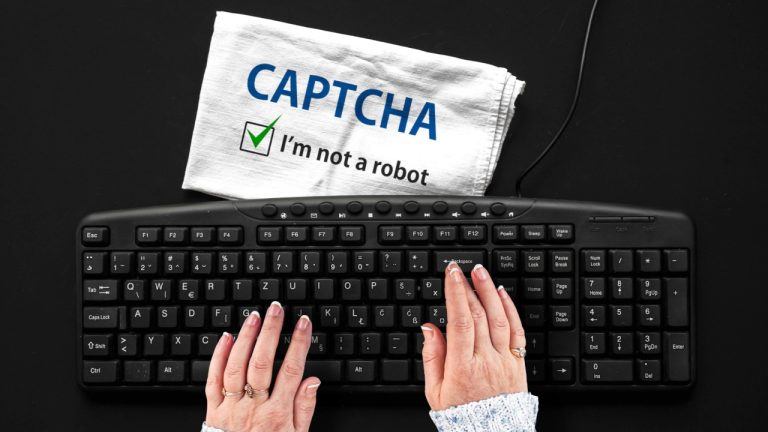TOKYO - Robots will begin moving sandbags that were used to absorb radiation-contaminated water after the 2011 Fukushima nuclear disaster as soon as next week, a spokesman for the plant operator said on March 21.
Tepco, the operator of the stricken Japanese power plant, says the bags on underground floors of two buildings have been left untouched following the worst nuclear accident since Chernobyl.
Radiation levels on the sandbags’ surface are as high as 4.4 sieverts per hour, which means “humans can die if they approach” them, Tepco spokesman Tatsuya Matoba told AFP.
Japanese media reports said there were 2,850 bags to be collected, a number which has not been confirmed by Tepco, which says that they weigh 41,500kg in total.
Two robots developed to collect the bags, one with a moving claw, were placed on the underground floors on March 19, Mr Matoba said.
Workers will use them to “carefully” bring the sandbags out in an operation that Tepco aims to finish by the end of the 2027 fiscal year.
The bags will then be placed inside containers for radioactive material and kept at a temporary storage site outside the buildings, the spokesman said.
Three of Fukushima’s six reactors went into meltdown 14 years ago after a huge tsunami swamped the facility.
The tsunami, triggered by a 9.0-magnitude earthquake, left 18,500 people dead or missing.
No one was recorded as having been directly killed by the nuclear accident, which forced evacuations and left parts of the surrounding area uninhabitable.
In addition to contaminated sandbags, around 880,000kg of radioactive debris remain in the plant.
Removing this is seen as the most daunting challenge in the decades-long decommissioning project because of the dangerously high radiation levels involved.
A trial removal of nuclear debris from the plant began in 2024. AFP
Join ST's Telegram channel and get the latest breaking news delivered to you.

 By The Straits Times | Created at 2025-03-21 09:28:14 | Updated at 2025-03-28 00:05:40
6 days ago
By The Straits Times | Created at 2025-03-21 09:28:14 | Updated at 2025-03-28 00:05:40
6 days ago








